Optimal Timing for Waterproofing Projects
Proper timing for waterproofing projects ensures optimal results and durability. Weather conditions, temperature, and humidity levels play significant roles in determining the ideal period for applying waterproofing materials. Typically, the most suitable seasons are those with mild and stable weather, avoiding extreme cold or heat that can compromise adhesion and curing processes.
Spring offers moderate temperatures and increased daylight, making it an excellent time for waterproofing before heavy rainfall.
Summer provides warm weather, but high humidity and rain can delay drying times and affect application quality.
Fall's cooler temperatures and lower humidity levels create favorable conditions for waterproofing projects.
Winter is generally unsuitable due to freezing temperatures and snow, which hinder proper application and curing.
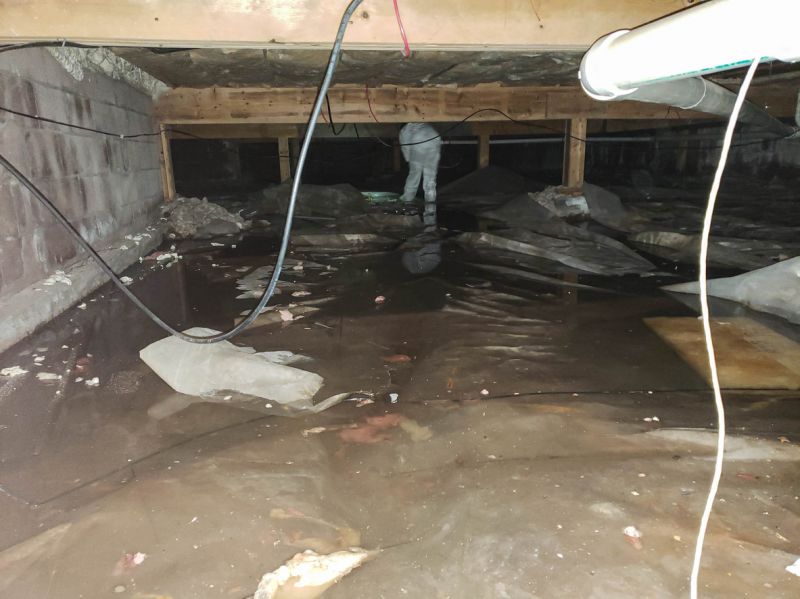
Ways to make Waterproofings work in tight or awkward layouts.
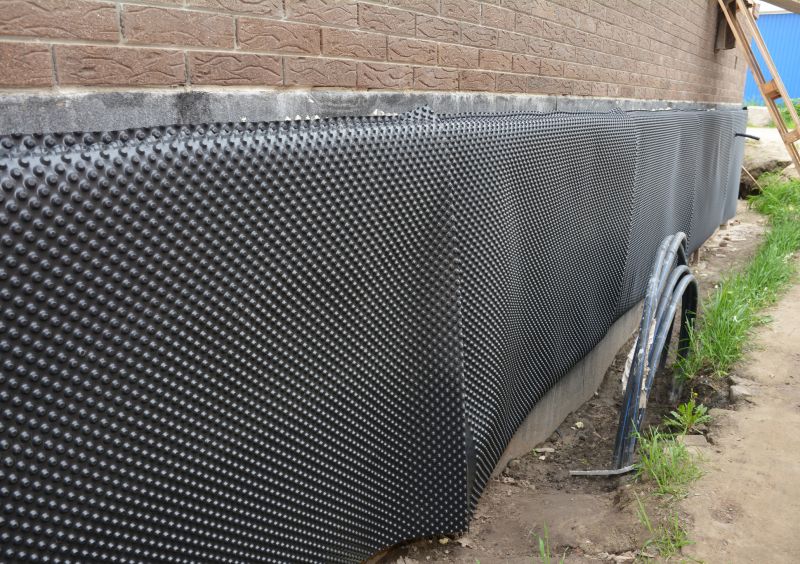
Popular materials for Waterproofings and why they hold up over time.
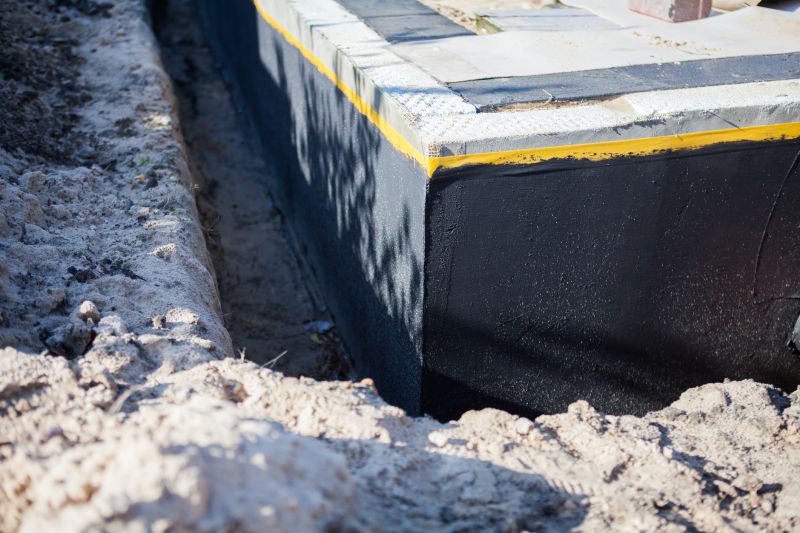
Simple add-ons that improve Waterproofings without blowing the budget.
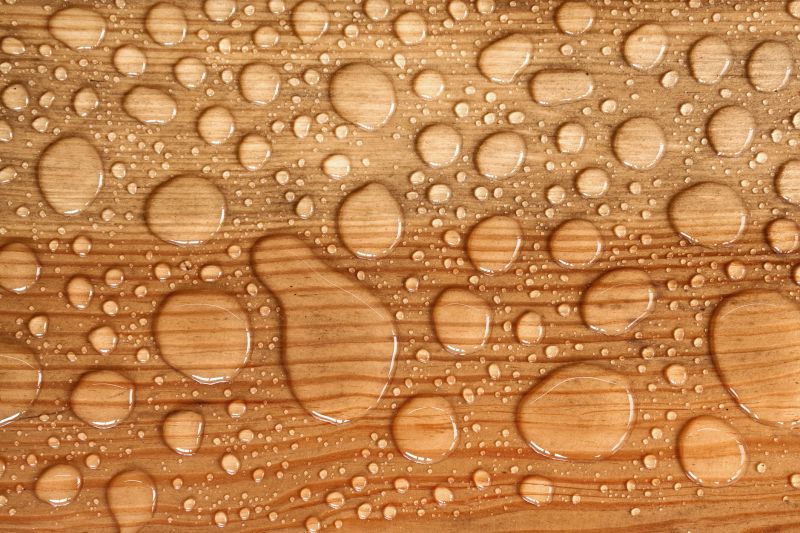
High-end options that actually feel worth it for Waterproofings.
Waterproofing is a critical process in protecting structures from water intrusion, which can cause significant damage over time. It involves applying specialized materials to surfaces such as foundations, roofs, and basements to prevent water penetration. Proper waterproofing extends the lifespan of buildings and reduces maintenance costs. According to industry data, effective waterproofing can prevent up to 80% of water-related damages, saving property owners substantial repair expenses.
The choice of waterproofing method depends on the surface, climate conditions, and the type of structure. Common techniques include membrane waterproofing, liquid-applied coatings, and sealants. Each method offers specific advantages and is suited for different applications. Ensuring waterproofing is performed during the optimal season enhances adhesion and curing, resulting in longer-lasting protection.
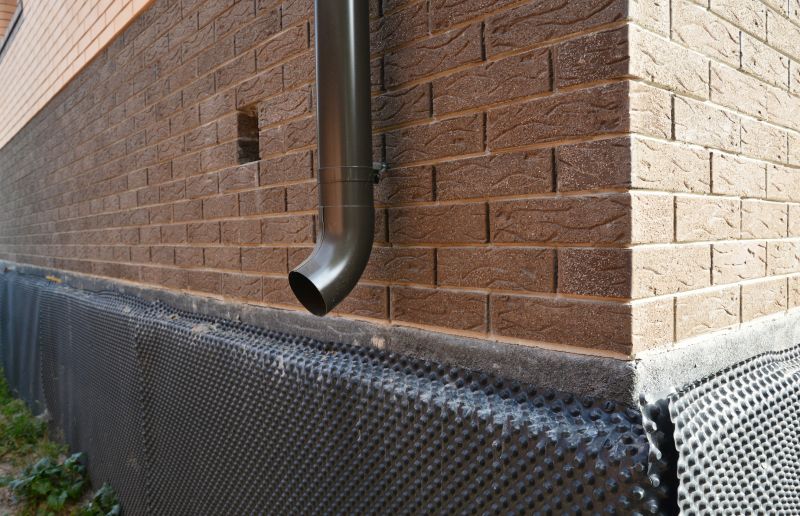
Finishes and colors that play nicely with Waterproofings.
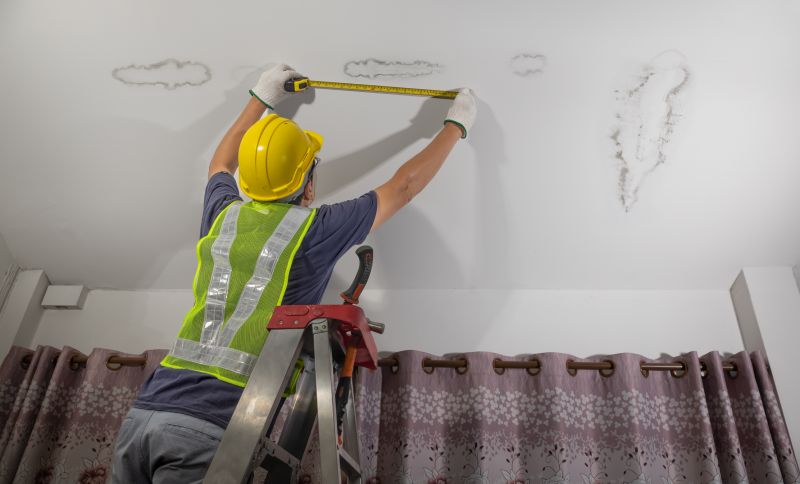
Little measurements that prevent headaches on Waterproofings day.
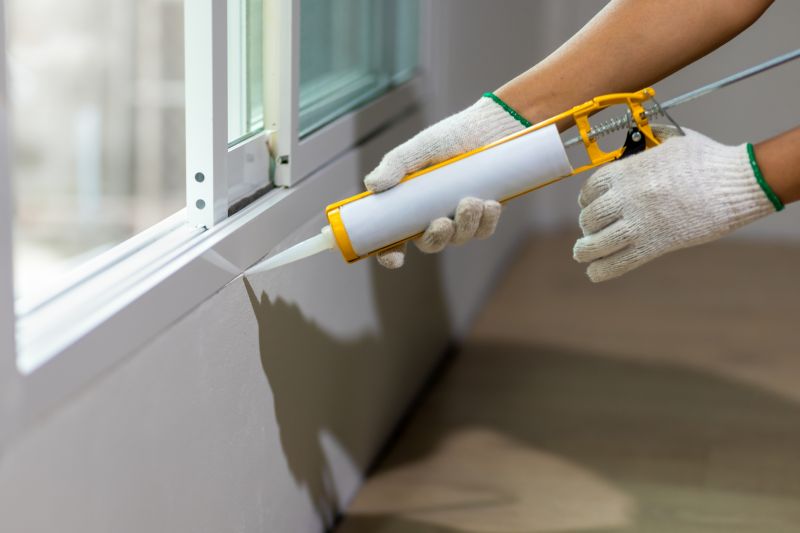
A 60-second routine that keeps Waterproofings looking new.
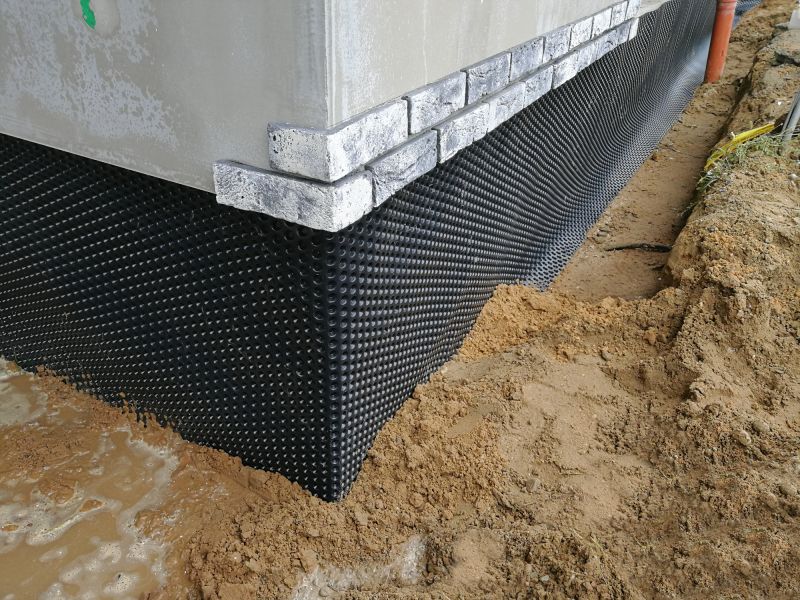
A frequent mistake in Waterproofings and how to dodge it.
| Season | Optimal Conditions |
|---|---|
| Spring | Moderate temperatures, low humidity, dry weather |
| Summer | Warm temperatures, but watch for high humidity and rain |
| Fall | Cooler temperatures, low humidity, stable weather |
| Winter | Freezing temperatures, snow, unsuitable for application |
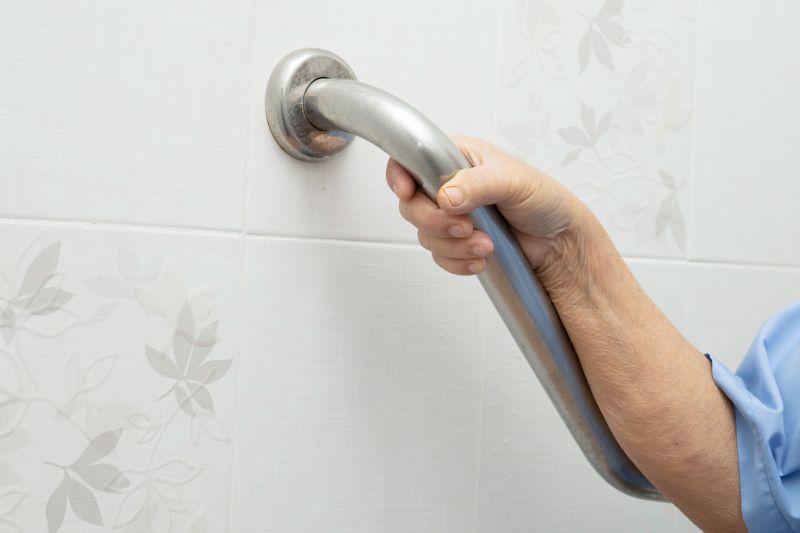
Small tweaks to make Waterproofings safer and easier to use.
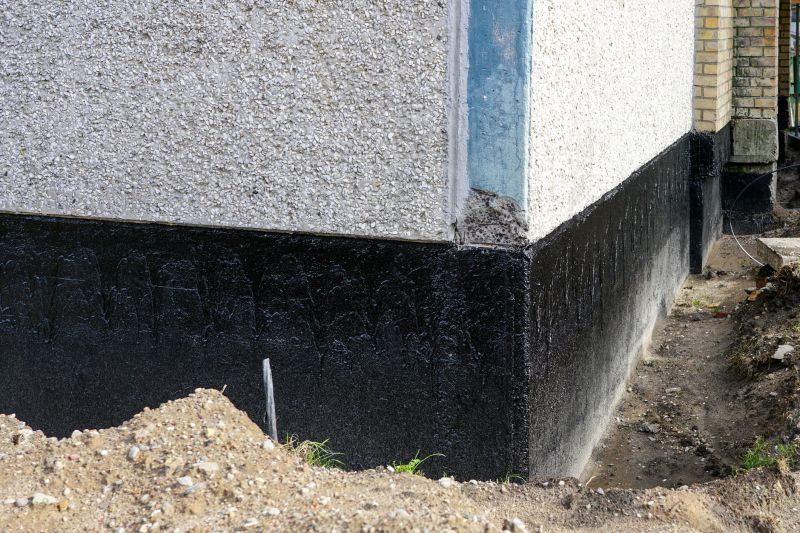
Lower-waste or water-saving choices for Waterproofings.
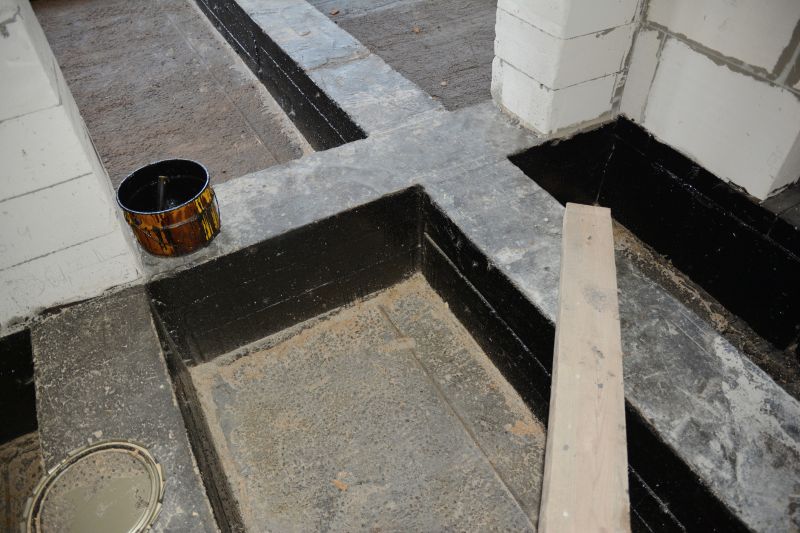
The short, realistic tool list for quality Waterproofings.
Interested in waterproofing services? Filling out the contact form provides an opportunity to discuss project details and schedule work during the most suitable season for optimal results.

